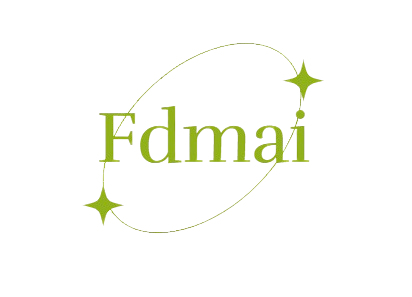Improving your writing skills is a valuable endeavor, whether you’re a budding novelist, an experienced professional, or someone looking to communicate more effectively in everyday life. Fortunately, a wealth of insightful books offers guidance, inspiration, and practical advice on writing. Here’s a curated list of some of the best books to help you write better:
- “On Writing: A Memoir of the Craft” by Stephen King
Part memoir and part masterclass, Stephen King shares his personal journey as a writer and offers practical advice on the craft. King’s no-nonsense approach, along with his engaging storytelling, makes this book both informative and inspiring for writers of all levels.
- “Bird by Bird: Some Instructions on Writing and Life” by Anne Lamott
Anne Lamott’s humorous and candid take on writing and creativity provides an honest look into the writer’s life. Lamott shares advice on the writing process, from overcoming self-doubt to developing a unique voice. The book is filled with practical exercises and personal anecdotes that make it a joy to read.
- “The Elements of Style” by William Strunk Jr. and E.B. White
Often regarded as the definitive guide to writing style and clarity, this classic book outlines essential principles of English style and composition. It covers topics such as grammar, usage, and the importance of avoiding unnecessary words, making it a must-have reference for any writer.
- “Writing Down the Bones: Freeing the Writer Within” by Natalie Goldberg
In “Writing Down the Bones,” Natalie Goldberg blends writing instruction with mindfulness and creativity. She encourages writers to tap into their unique voices through various exercises and prompts, offering a fresh perspective on the writing process. Goldberg’s emphasis on practice and spontaneity is inspiring for both new and seasoned writers.
- “The War of Art: Break Through the Blocks and Win Your Inner Creative Battles” by Steven Pressfield
Steven Pressfield explores the challenges that writers face, including procrastination, self-doubt, and fear of failure. This motivational book encourages writers to confront their internal obstacles and commit to their craft. The concepts discussed can be applied not only to writing but to any creative endeavor.
- “The Writing Life” by Annie Dillard
Annie Dillard offers a poetic and philosophical reflection on the life of a writer. Through vivid anecdotes and musings, she captures the joys and struggles of writing. Dillard’s lyrical prose will resonate with those seeking a deeper understanding of the writer’s experience.
- “The Artist’s Way: A Spiritual Path to Higher Creativity” by Julia Cameron
Though primarily aimed at artists, Julia Cameron’s “The Artist’s Way” contains valuable insights for writers, particularly regarding creativity and overcoming creative blocks. The book encourages artists to reconnect with their creative selves through exercises, morning pages, and affirmations.
- “Story: Substance, Structure, Style and the Principles of Screenwriting” by Robert McKee
While focused on screenwriting, McKee’s book delves into the fundamental elements of storytelling that apply to all narrative forms. Through detailed analysis and examples, McKee offers valuable insights into crafting compelling plots and characters, making it beneficial for writers of all genres.
- “Big Magic: Creative Living Beyond Fear” by Elizabeth Gilbert
In “Big Magic,” Elizabeth Gilbert discusses the nature of creativity and the courage required to pursue it. She shares her personal experiences and insights into living a creative life without being hindered by fear. Gilbert’s encouraging voice and practical advice inspire readers to embrace their creativity.
- “The Artist’s Way Workbook” by Julia Cameron
This companion to “The Artist’s Way” provides practical exercises and tools to help writers unlock their creativity and implement the principles discussed in the original book. It serves as a guide for active engagement in the creative process.
Conclusion
Whether you’re seeking technical guidance, inspiration, or a deeper understanding of the writing process, these books offer something for every writer. Each author brings a unique perspective and set of experiences, making these resources invaluable as you refine your craft and find your voice.











